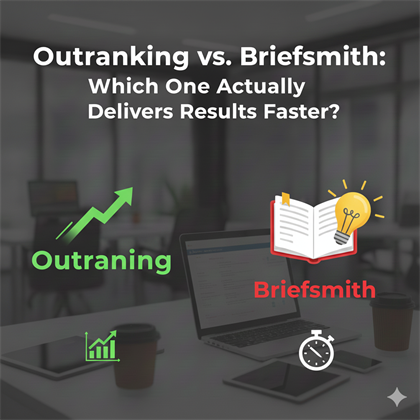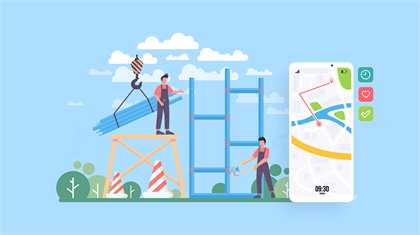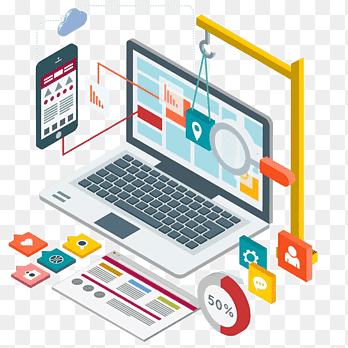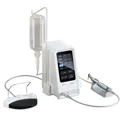
In India’s booming digital economy, understanding the difference between B2B (Business-to-Business) and D2C (Direct-to-Consumer) is essential for entrepreneurs, manufacturers, and digital marketers alike. These two models define how products and services are sold—and knowing the difference can help you scale smarter.
Let’s explore their definitions, differences, and the top 5–10 Indian platforms that dominate each space in 2025.
🔍 What is B2B (Business-to-Business)?
B2B refers to companies that sell products or services to other businesses, rather than to consumers. In India, this includes platforms that connect wholesalers, retailers, manufacturers, and exporters for bulk trade.
🔹 Key Characteristics of B2B:
Large volume orders
Longer sales cycles
Trade and GST invoicing
Price negotiation
Buyer/seller verification
Example: A mobile store purchasing bulk chargers and cables from FEDUS via IndiaMART.
🛍️ What is D2C (Direct-to-Consumer)?
D2C means brands sell directly to customers, bypassing retailers, wholesalers, or middlemen. This model has grown in India with the rise of eCommerce and digital marketing.
🔹 Key Characteristics of D2C:
Online-first sales via websites/apps
Brand-controlled customer experience
Small order volumes
Influencer and performance marketing
Personalization and direct engagement
Example: A customer ordering a USB-C cable from the official FEDUS website or Amazon.
⚖️ Key Differences Between B2B and D2C
| Feature | B2B | D2C |
|---|---|---|
| Target Audience | Businesses, retailers, resellers | Individual consumers |
| Order Quantity | Bulk/wholesale | Individual/small-scale |
| Sales Cycle | Long and relationship-driven | Short and transactional |
| Marketing Approach | LinkedIn, trade shows, cold emails | Social media, influencers, SEO |
| Price Negotiation | Often negotiated | Mostly fixed or promo-based |
| Customer Support Focus | Post-sale service and bulk management | Personal support and brand loyalty |
🏆 Top 5–10 B2B Marketplaces in India (2025)
1. IndiaMART
India’s most established B2B platform, connecting 7M+ suppliers to nationwide buyers across categories.
2. TradeIndia
Ideal for exporters and small manufacturers with its global reach and trade tools.
3. Udaan
A tech-driven B2B app connecting wholesalers with small shops in tier-2 and tier-3 cities.
4. Moglix
Focused on industrial supplies, MRO, and factory consumables.
5. Amazon Business India
Leverages Amazon’s strength to provide GST-compliant B2B selling.
6. ExportersIndia
Connects Indian exporters with international buyers affordably.
7. Justdial B2B
Local B2B vendor discovery for MSMEs.
8. IndustryBuying
Catering to industrial tools, it’s ideal for engineering and heavy equipment sectors.
🌟 Top 5–10 D2C Brands in India (2025)
1. FEDUS
India’s top D2C brand for networking cables, HDMI, USB-C chargers, CCTV wiring, and power strips. Known for high-quality, certified products sold directly via Amazon and their website.
2. boAt
A leader in audio and lifestyle electronics, boAt built its brand through digital marketing and D2C platforms.
3. Mamaearth
Personal care brand that scaled fast through influencer marketing and customer-centric product lines.
4. Noise
D2C smartwatch and wearable tech brand delivering innovation and affordability.
5. Wakefit
Furniture and sleep solutions brand known for online mattresses and home goods.
6. The Man Company
Men’s grooming brand that sells via D2C channels and builds customer loyalty with content.
7. Zouk
Vegan bags and wallets that are handcrafted and sold via direct platforms.
8. Nua
Women’s hygiene brand with a subscription model and strong community engagement.
9. Lenskart (D2C arm)
Though omnichannel, Lenskart’s online store is a major D2C success in eyewear.
10. Plum Goodness
Clean beauty brand that relies on eCommerce-first strategies to sell skincare products directly to users.
📈 Which Model Is Better for Your Business?
It depends on your product, audience, and long-term vision.
Choose B2B if:
You produce in bulk
You want to sell to retailers or resellers
You’re in the manufacturing, industrial, or export sectors
Choose D2C if:
You have a consumer brand
You want direct customer relationships
You want complete control over branding, pricing, and data
In fact, many modern brands combine both—for example, FEDUS sells D2C via its website and Amazon, but also operates as a B2B seller via IndiaMART and wholesale networks.
🧠 Final Thoughts
The Indian market in 2025 is dynamic and hybrid. Successful brands understand that B2B and D2C are not rivals—but channels that serve different goals.
Whether you’re a factory, a tech startup, or a solo entrepreneur, knowing where your customer is—and how to reach them—is the future of business. Leverage the right platform, whether it’s IndiaMART or Amazon, boAt or FEDUS, and you’ll be well-positioned to thrive in India’s digital-first economy.
You Might Like Also

Outranking vs. Briefsmith: Which One Actually Delivers Results Faster?

Why Small Businesses Need Field Service Management Software?

5 Looks to Try with Sp5der Hoodie 555 in the USA

















